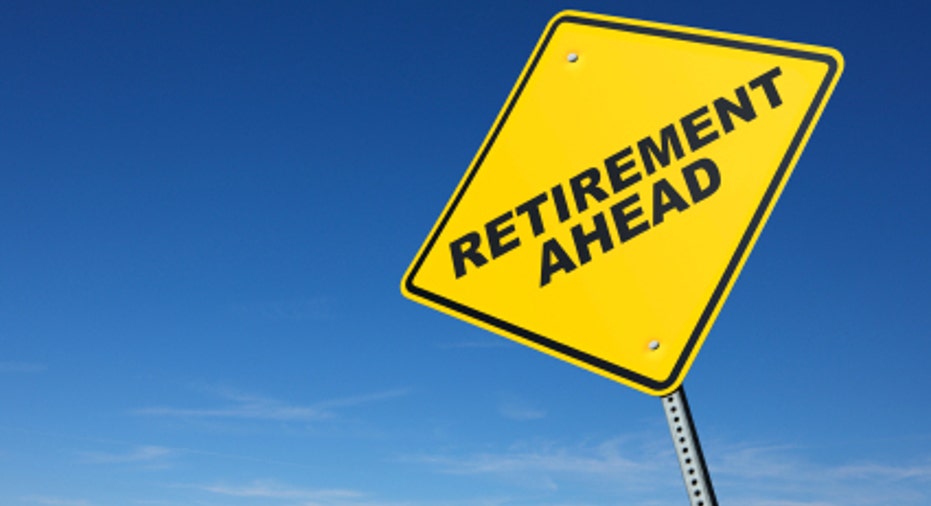10 Worst States for Retirement

10 Bad States for Retirees
Beware of the beach! Watch out for historic neighborhoods, vineyards, sweeping verandas -- especially if you're about to retire. These places will steal your heart and get you thinking about a permanent move before you've considered all the angles.
And there are many. Bankrate analyzed a variety of data, including state taxes, local crime rates, access to medical care and cost of living. We found that some of the prettiest, most touristy states in the nation are also some of the toughest on retirees.
Here, in descending order, are 10 of the lowest-ranking states for retirement based on our criteria.
No. 10: Delaware
Delaware is home to excellent beaches, hiking trails and other natural beauties. It's also a shopper's haven since it doesn't levy sales taxes on consumers. Yet, despite relatively low state and local taxes and a temperate climate, The First State can be tougher on retirees than many other states. Its cost of living is higher than average, according to data from the Council for Community and Economic Research, and access to medical care is below average.
Delaware's crime rate also is among the highest in the nation, with 3,970 property and violent crimes per 100,000 people, according to the FBI's 2011 Uniform Crime Report.
No. 9: Minnesota
Garrison Keillor and the denizens of Lake Wobegon may disagree with this ranking, but the statistics are clear. Minnesota is a tough place for retirees.
Not only does it have a high cost of living; the weather is among the coldest in the nation. And the Tax Foundation estimates that state and local taxes amount to 10.8% of income, which includes sales, property and other taxes -- the seventh highest in the country.
Minnesota does provide residents good access to medical care, and its crime rate is well below the national average.
No. 7: Maryland and Vermont
There's a two-way tie for this spot. Maryland and Vermont rank among the worst places to retire on Bankrate's list for a variety of reasons.
Both have relatively high costs of living and high state and local taxes. Maryland's crime rate also is worse than the national average, and Vermont's weather could be tough on a lot of retirees. Temperatures have been an average of 43.1 degrees in Vermont from 1981 to 2010, making it one of the coldest states in the country.
Of course, those drawbacks may not be enough to dissuade lovers of Maryland crab cakes or Vermont's rolling blue-green hills.
No. 6: Maine
The Pine Tree State can boast excellent access to medical care and a relatively mild crime rate. Yet it ranks No. 6 on Bankrate's list of bad places to retire for a few reasons.
First, it's frigid in Maine. Its annual temperature has been an average of 41.4 degrees over the last three decades, making it colder than any other state except Alaska and North Dakota. Both the cost of living and state and local taxes are among the highest in the country.
No. 5: Wisconsin
A fisherman's paradise, Wisconsin is one of the colder states in the United States with an average annual temperature of 43.7 degrees. If the cold doesn't bother you, The Badger State's relatively high local and state taxes of 11.1% and its above-average cost of living may give you the shivers.
Still, Wisconsin has a low crime rate. It's an excellent place to visit for anyone who loves football, breweries, dairy farms and the outdoors. One of America's largest Polish festivals takes place in Milwaukee in June. And where else are you going to get a decent bowl of cheese curds?
No. 4: California
It's hard to argue about a state that's abundant in beaches, vineyards, forests and sunshine -- not to mention Disneyland. The knock on California is that it's become a little like a menu at a fancy restaurant: Everything costs more.
The Golden State has one of the highest costs of living in the nation. It also requires residents to pay more in state and local taxes than any other state except Connecticut, New Jersey and New York. The Tax Foundation estimates that California residents pay 11.2% of their income toward income, sales, property and other taxes.
No. 3: Washington
Despite its stunning natural beauty, retirees might pass on moving to Washington state for a few reasons. Its cost of living and crime rate are both above average. And with a 30-year average annual temperature of 48.7 degrees, The Evergreen State is one of the colder states in the nation.
Even though Washington is one of nine states that don't levy a personal income tax, the Tax Foundation estimates the state and local tax burden to be 9.3% of income. Its calculation includes sales, property and other taxes.
No. 2: Alaska
Alaska is a land of extremes, and that's certainly evident for many of its retirees.
On one extreme is the good news for retirees that Alaska puts the lightest tax burden, at 7%, on residents in the nation. It's one of a handful of states that doesn't charge a state income tax, nor does it charge a sales tax.
On the other extreme, The Last Frontier is the coldest state in the nation with an average annual temperature of 35.9 degrees. Alaska's cost of living also is the second highest in the nation, just behind Hawaii.
No. 1: Oregon
Oregon ranks dead last on Bankrate's list of bad states for retirement for a variety of reasons. Its crime rate, state and local tax burden and cost of living are all higher than the national average. Its annual average temperature is 48.8 degrees, which is colder than the 30-year national average of 52.8 degrees.
However, The Beaver State offers spectacular scenery from Mount Hood to the Pacific coast, and plentiful opportunities for hikers to climb its rugged terrain and kayakers to experience its exhilarating white-water rapids -- perhaps unsuitable activities for all but the hardiest retirees.



















